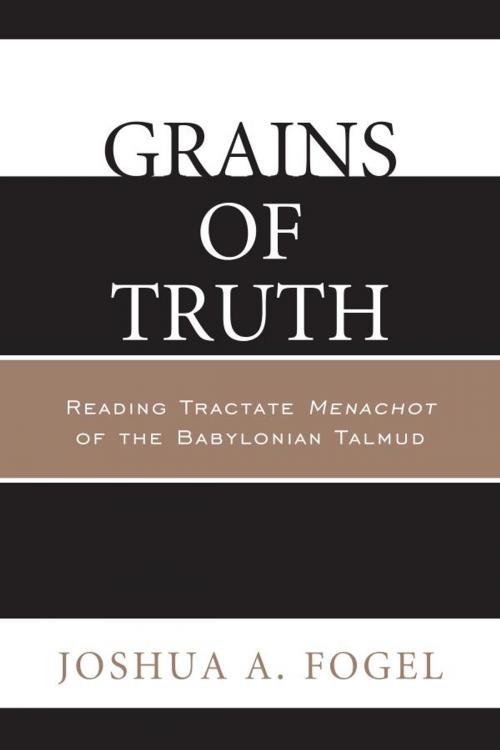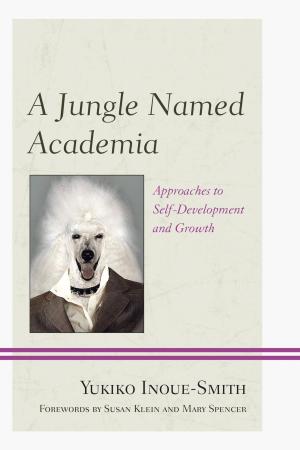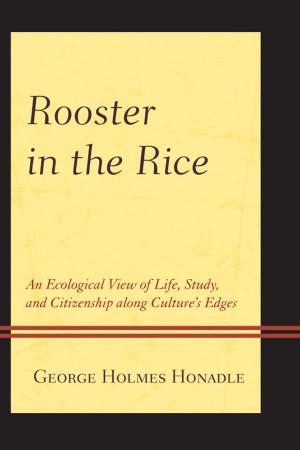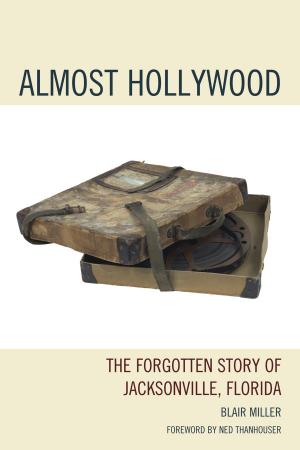Grains of Truth
Reading Tractate Menachot of the Babylonian Talmud
Nonfiction, Religion & Spirituality, Judaism, Talmud, Philosophy, Religious, Bible & Bible Studies| Author: | Joshua A. Fogel | ISBN: | 9780761863021 |
| Publisher: | Hamilton Books | Publication: | December 31, 2013 |
| Imprint: | Hamilton Books | Language: | English |
| Author: | Joshua A. Fogel |
| ISBN: | 9780761863021 |
| Publisher: | Hamilton Books |
| Publication: | December 31, 2013 |
| Imprint: | Hamilton Books |
| Language: | English |
Following the destruction of the Second Temple in 70 C.E., Judaism faced a serious crossroads. The rabbis of late antiquity spent the next few centuries immersed in extensive debates in an effort to create an ethical and practical basis for a Torah-based faith. Their discussions constitute the bulk of what we know as the Talmud. This collection is not only massive; it is forbidding difficult, having accumulated numerous commentaries over the centuries since it first appeared. Recent translations have made it somewhat more accessible to English-language readers, but textual difficulties remain. This volume looks at tractate Menachot (grain offerings), which is concerned mostly with grain offered at the Temple (when it stood) to atone for various misdeeds. Joshua A. Fogel approaches the text, page by page, commenting with doses of humor and comparisons in a manner meant to explain and humanize the text for contemporary readers.
Following the destruction of the Second Temple in 70 C.E., Judaism faced a serious crossroads. The rabbis of late antiquity spent the next few centuries immersed in extensive debates in an effort to create an ethical and practical basis for a Torah-based faith. Their discussions constitute the bulk of what we know as the Talmud. This collection is not only massive; it is forbidding difficult, having accumulated numerous commentaries over the centuries since it first appeared. Recent translations have made it somewhat more accessible to English-language readers, but textual difficulties remain. This volume looks at tractate Menachot (grain offerings), which is concerned mostly with grain offered at the Temple (when it stood) to atone for various misdeeds. Joshua A. Fogel approaches the text, page by page, commenting with doses of humor and comparisons in a manner meant to explain and humanize the text for contemporary readers.















